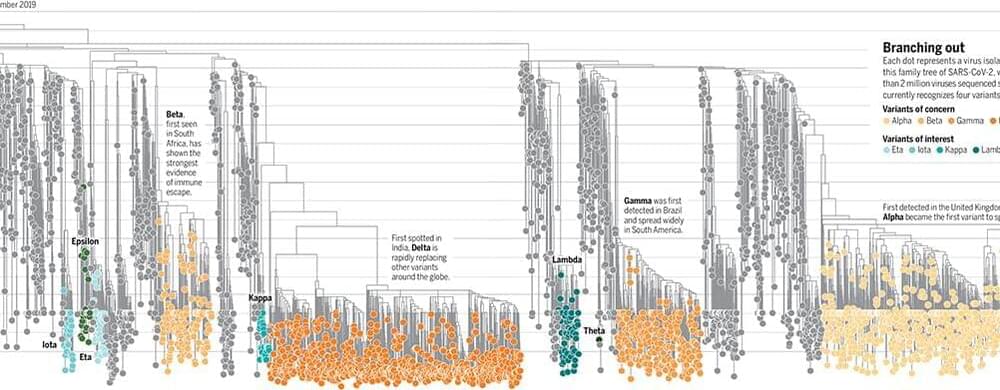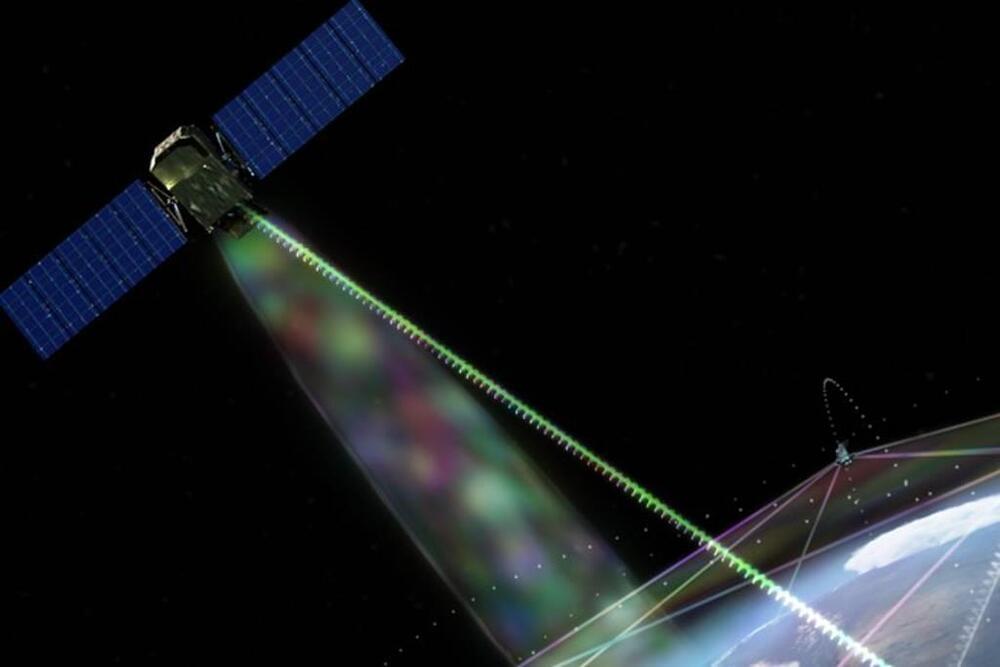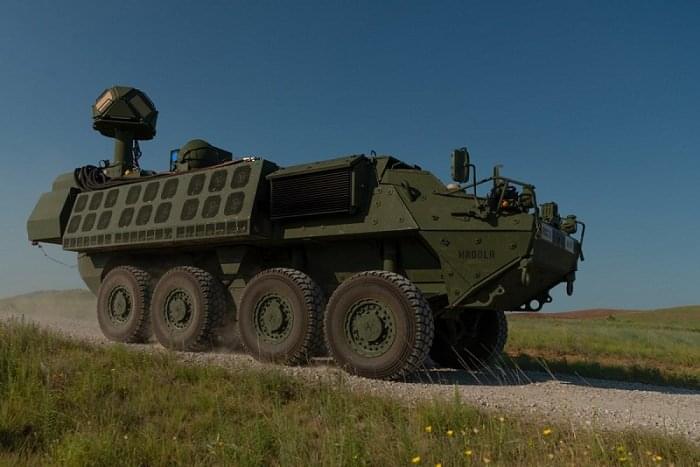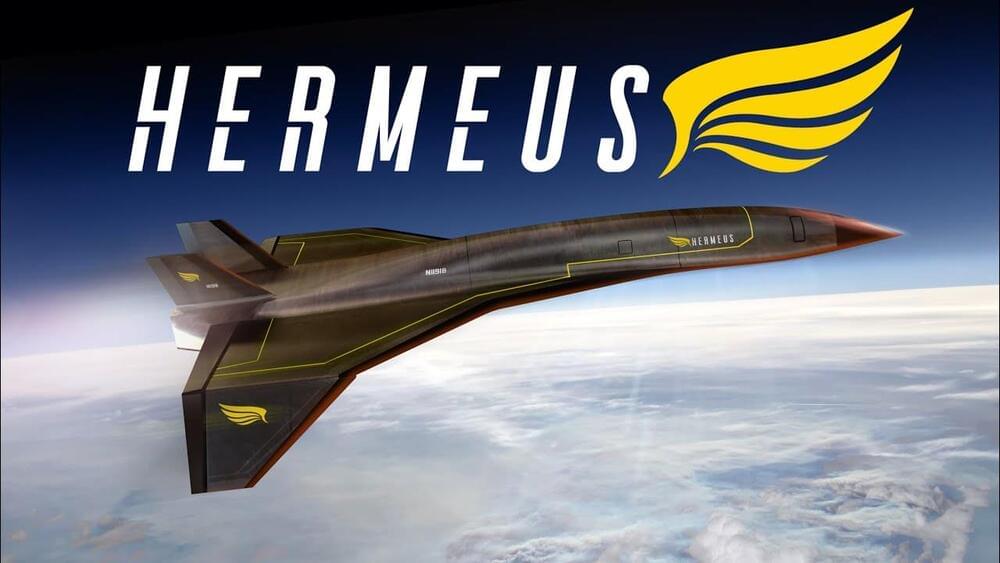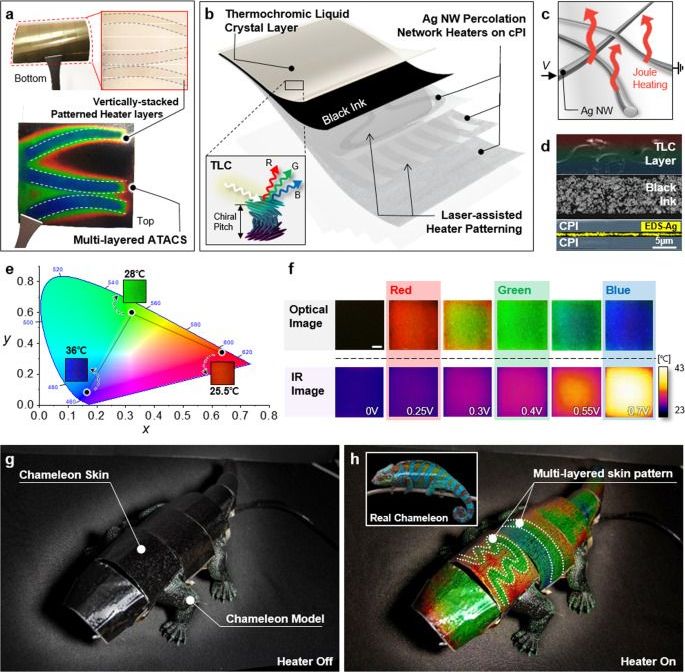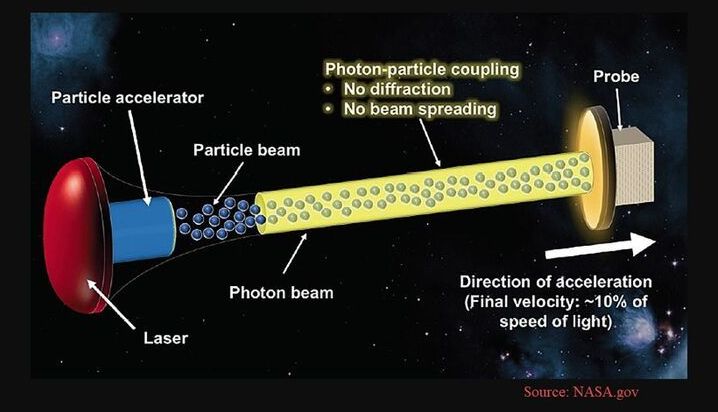This #COVID19 is quite weird it just keeps evolving. In a weird way it is pushing evolution through our immune system. The only thing I know that is similar is like the flu or a bigger organism like cancer. Based on this information the virus just keeps evolving not dying off. Among the weird stuff it doesn’t effect cats or most animals or plants. Basically we either need a universal vaccine which is still being developed or we may need quantum radar to kill off the virus in our bodies when it comes out either that or foglet armor to not breathe it in like Ironman. I find it is just an odd virus as essentially it evolves so fast past even human beings abilities to fend it off even with suits it seems to spread so fast that it cannot be completely contained. From dogs that sniff it out it seems sorta everywhere. I know minor things like high dosages of vitamin c work with zinc and probiotics which was the first way to battle it when it didn’t become this whole pandemic because oddly enough it wasn’t a big deal in previous years because the 19th version of the virus. I know some things that kill it off are ultra violet and lysol as well as bleach. So it makes me think it is more a bioweapon where the universal vaccine would work. But oddly enough I am uncertain if it really dies off especially if it is airborne. If we can destroy the virus by reprogramming it to be sterile or innert or even for it to just kill itself off with crispr like we have done with mosquitoes to stop malaria. We can easily make new vaccines which is good but nearly every year or so there is an entirely new version. This isn’t new but it sorta is like the flu. But there are some theories that I sorta have where it seems to be near heat sources where it grows. Like my uncle who had the virus which we had him turn off electricity and also do vitamin c probiotics and zinc which did work. He ended up getting an antibody naturally this way. I personally got the vaccine and found that it does work but when the new delta version came out it did the same as the last one it sorta just randomly evolves for some reason even smells similar but oddly enough it still remains even after all the lysol. So to me it seems like a bioweapon that is self evolving which is we could use the mechanism to essentially evolve ourselves taking the components of it. If this was a nanobot swarm I would say it spreads from radio waves or something but this virus keeps spreading in odd ways like even from the sky. Which sorta makes me believe that it is sorta being manipulated maybe by a signal perhaps or it has its own program inside it. It reminds me of a Grey goo nanobot swarm that keeps evolving but the biological virus version. I mean it could actually be an exterrestial virus there was a meteorite that came around then and odd things that followed from the meteorite like dogs attacking people and cats attacking people even huge mountain lions. Which makes me think of a sorta an invasion of something. We need to maybe get the viruses input and output to find what it is going to do next. All and all seems odd because even other viruses don’t evolve or like fly or spread that fast. Ideally we should have cyborg nanobots running through Ironman in avengers endgame but so far our best better is treating it like the flu pumping out a new vaccine each year till we know a universal vaccine like using henreitta lacks immortal unlimited cell division cells like they did with polio. But till then we need to keep watching the virus as seems sorta more than it appears based on its original version.
See allHide authors and affiliations.
NOTE: We only request your email address so that the person you are recommending the page to knows that you wanted them to see it, and that it is not junk mail. We do not capture any email address.
